Cat in the Stax: Author Spotlight: Carolyn Forché
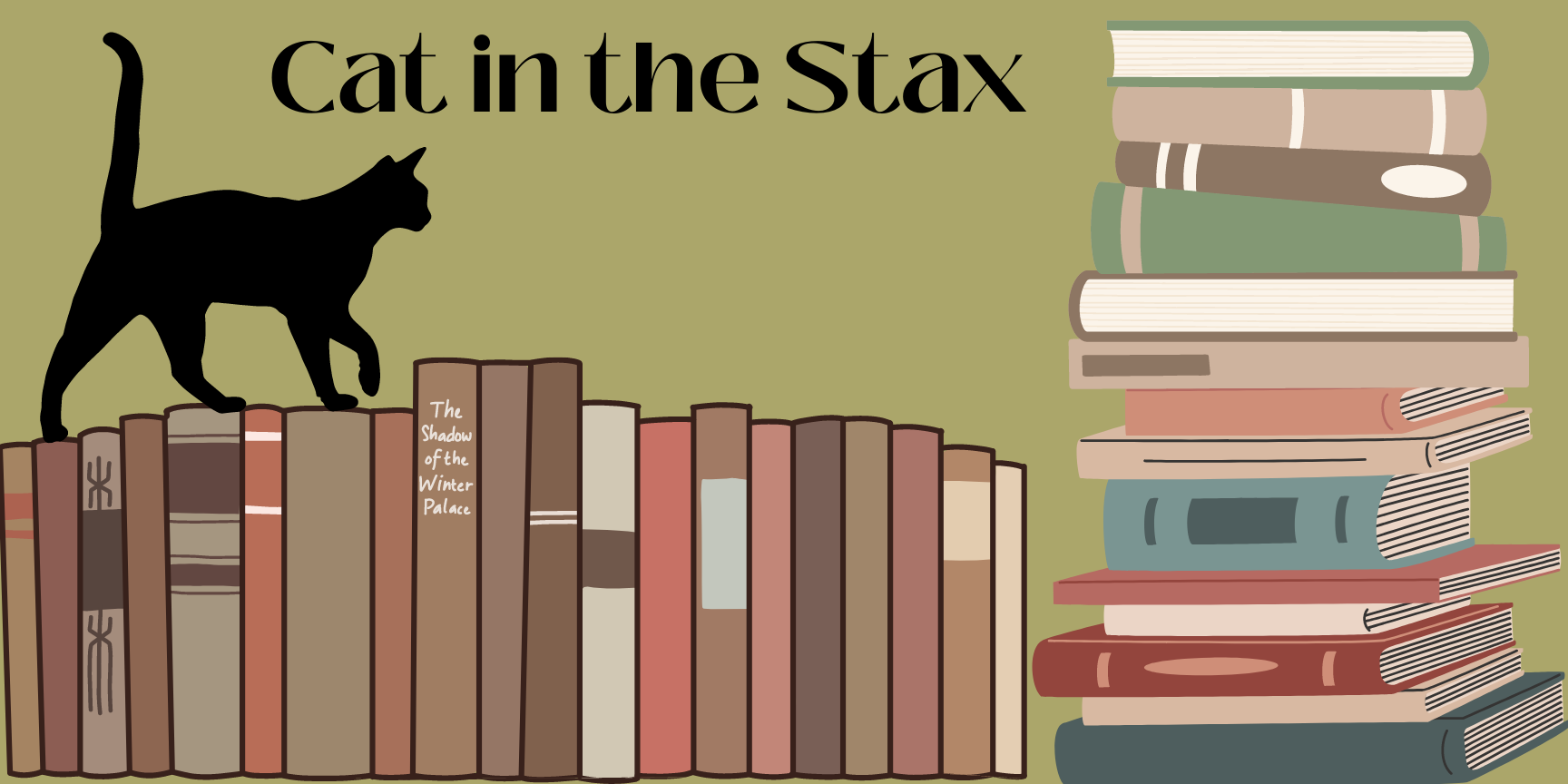
As Falvey’s Cat in the Stax, Rebecca writes articles covering a broad range of topics, from academics to hobbies to random events. All the while highlighting how Falvey Library can enhance your Villanova experience!
Happy Wednesday, Wildcats! We’re back with another Author Spotlight. I know life may be getting hectic as we near the end of the semester, but remember to take some time to take a break and relax. This month’s featured writer is a poet, so you can simply take a few minutes to read one poem at a time.
April is National Poetry Month, a time to recognize poets and poetry’s contribution to literature and culture. Established by the Academy of American Poets in 1996, National Poetry Month is now one of the largest literary celebrations in the world. Millions of readers, students, teachers, librarians, and publishers participate every year by recognizing poets and reading poetry. Therefore, it seems fitting that this month’s Author Spotlight should feature poet Carolyn Forché, who the University had the honor of hosting as a speaker last week for the 2024 Villanova Literary Festival.

Photo courtesy of Blue Flower Arts
Carolyn Forché is recognized as a “poet of witness,” a term she herself coined. She has published five books of poetry, and much of the poems in these works address political and social issues. However, her first volume, Gathering the Tribes, is a deeply personal work. It was published when she was 24 years-old and recounts experiences from her young adult life. It won the 1975 Yale Series of Younger Poets Award. Her next release was The Country Between Us which won the Lamont Prize of the Academy of American Poets in 1981. Forché is also the author of The Angel of History, winner of the Los Angeles Times Book Award, and The Blue Hour, which was a finalist for the National Book Critics Circle Award. Her most recent collection of poetry is called In the Lateness of the World and was a finalist for the Pulitzer Prize for Poetry. The poems in this collection meditate on migrations across oceans and borders but also between the past and present and life and death.
Forché has also written a memoir titled What You Have Heard is True, an account of her experiences in El Salvador during a time of political upheaval. Her visit to El Salvador sparked her work as a human rights activist, which can be seen in many of her early poems. Her anthology, Against Forgetting: Twentieth-Century Poetry of Witness, was praised by Nelson Mandela as “itself a blow against tyranny, against prejudice, against injustice.” For her humans rights work and efforts to preserve memory and culture, she was presented the Edita and Ira Morris Hiroshima Foundation for Peace and Culture Award in 1998 in Stockholm.
Carolyn Forché is not only a poet but a translator as well. She has translated the works of Claribel Alegría, Robert Desnos, Lasse Söderberg, Fernando Valverde and Mahmoud Darwish. Her translations of these poets have received great critical acclaim.
For all you poetry lovers out there, Carolyn Forché’s work will make you think and feel as she ties the political and poetic together to create memorable, though-provoking, and heart-wrenching poems.
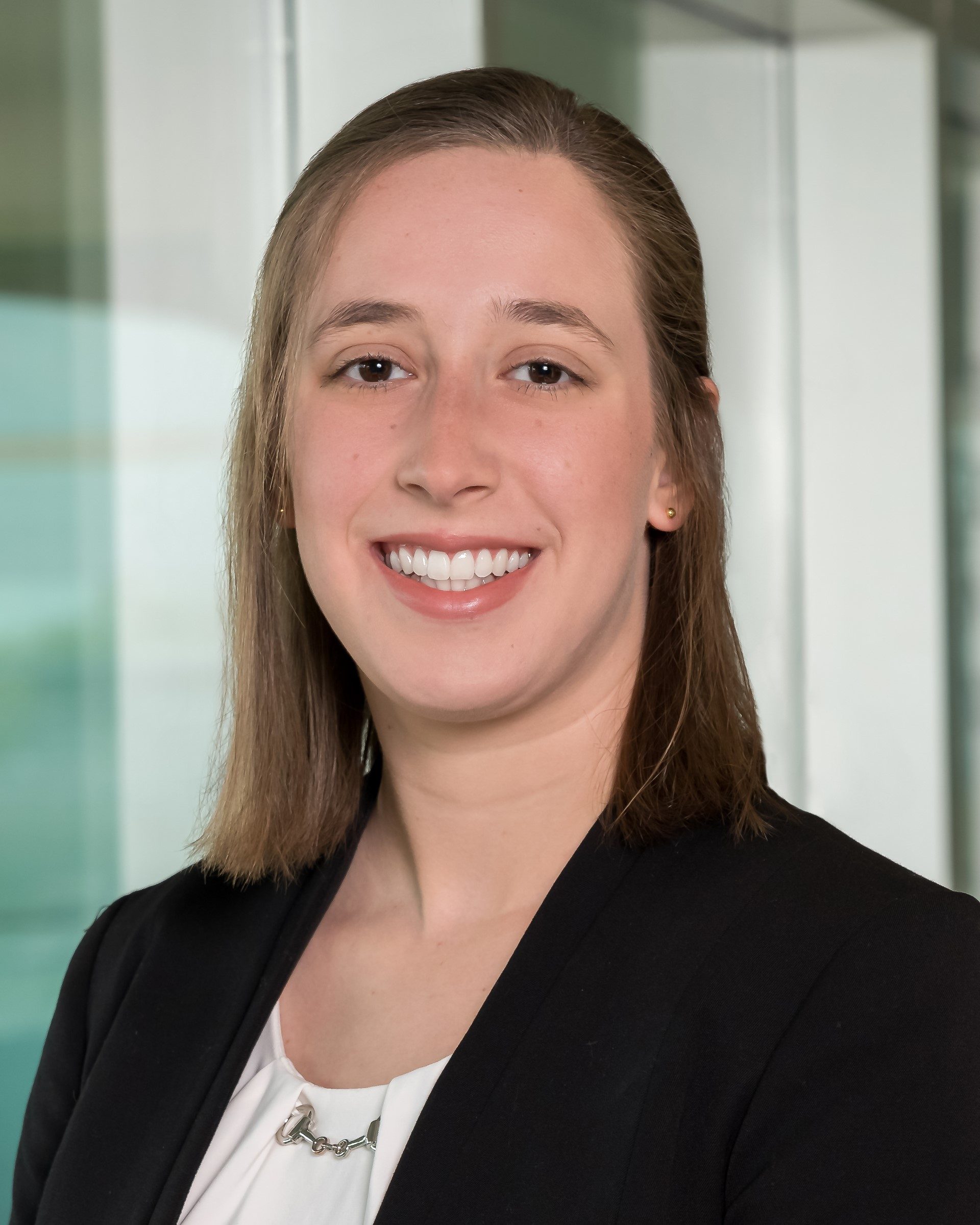 Rebecca Amrick is a first-year graduate student in the English Department and a Graduate Assistant at Falvey Library.
Rebecca Amrick is a first-year graduate student in the English Department and a Graduate Assistant at Falvey Library.



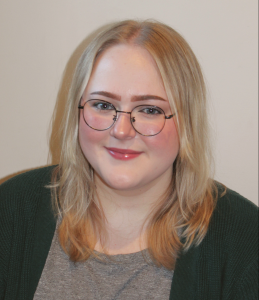 Annie Stockmal is a second-year graduate student in the Communication Department and Graduate Assistant in Falvey Library.
Annie Stockmal is a second-year graduate student in the Communication Department and Graduate Assistant in Falvey Library.
 Ethan Shea is a second-year graduate student in the English Department and Graduate Assistant at Falvey Library.
Ethan Shea is a second-year graduate student in the English Department and Graduate Assistant at Falvey Library.




 Isabel Choi ’26, is Communication & Marketing Assistant at Falvey Library.
Isabel Choi ’26, is Communication & Marketing Assistant at Falvey Library.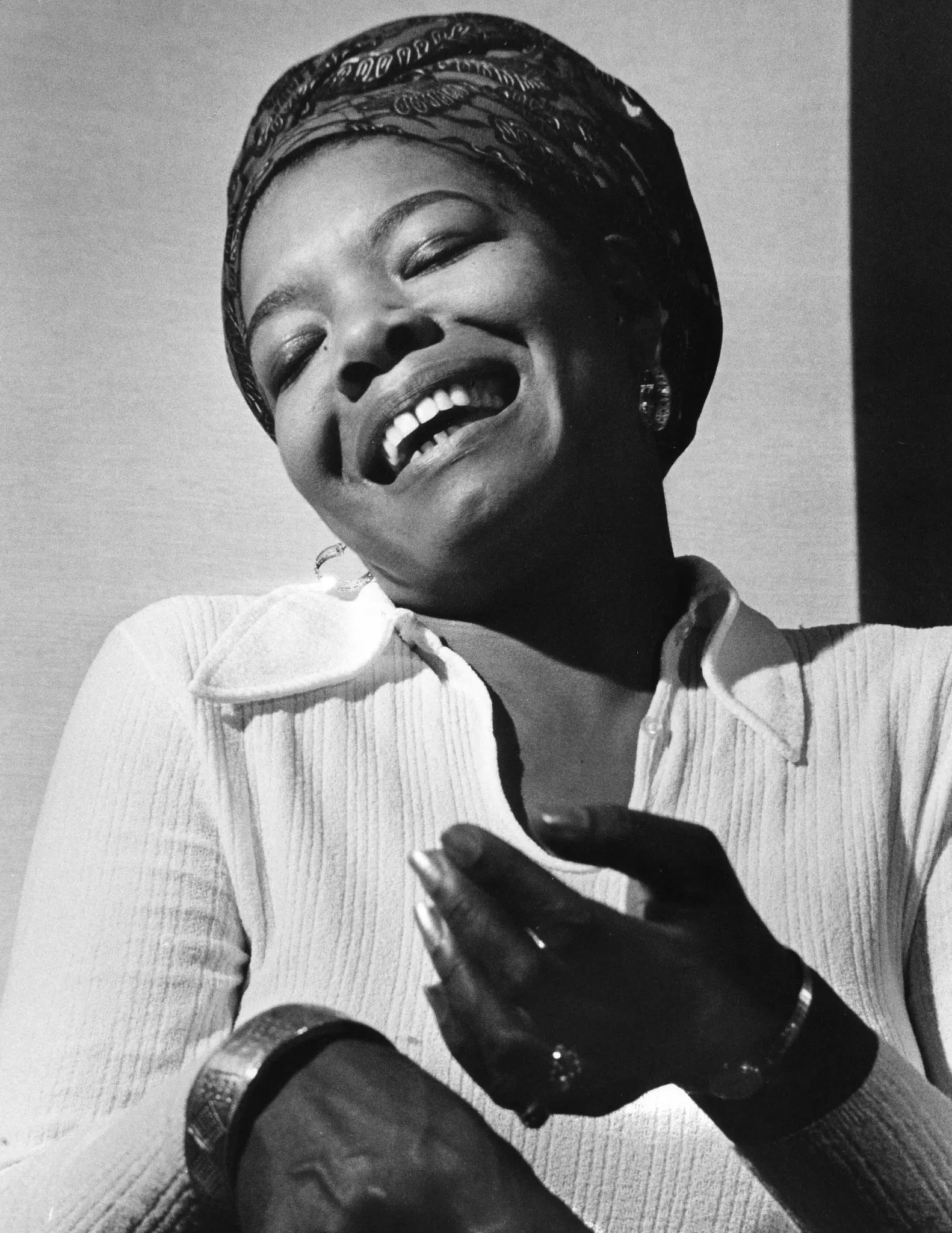


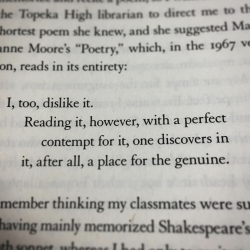


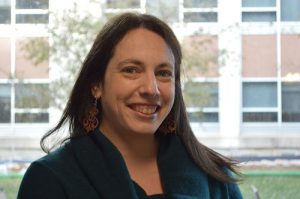 Rebecca Oviedo is Distinctive Collections Librarian/Archivist at Falvey Memorial Library.
Rebecca Oviedo is Distinctive Collections Librarian/Archivist at Falvey Memorial Library.